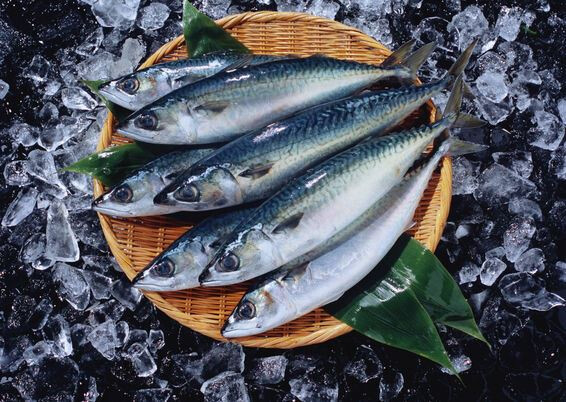
In a proactive move to combat soaring seafood prices driven by drastically reduced catches, the South Korean government has announced a comprehensive strategy involving the release of significant national reserves and a large-scale discount event for consumers. The Ministry of Oceans and Fisheries (MOF) unveiled the ‘Korea Seafood Grand Sale - Family Month Special Exhibition’ on April 29th, aiming to alleviate the financial burden on households ahead of the traditionally high-demand Family Month in May and during the lean fishing season spanning May and June.
The price hikes are a direct consequence of a sharp decline in the populations of key commercial fish species, most notably mackerel and squid. According to data from Statistics Korea, the total offshore and coastal fish catch in the previous year plummeted by 11.6% to 841,000 tons. The situation is particularly acute for mackerel, with catches falling by 17.4% from 163,000 tons in 2023 to a mere 134,600 tons last year. The once-abundant squid population has suffered an even more dramatic decline, with production hitting a record low of 13,546 tons in the same period, a staggering 42% decrease year-on-year from an average of around 200,000 tons in the early 2000s.
This supply crunch has translated directly to significant price increases for consumers. The Korea Agro-Fisheries & Food Trade Corporation (aT) reported that the average retail price for a bundle of two domestic salted medium-sized mackerel stood at 6,498 won as of the day prior to the announcement, a substantial 41.7% increase compared to the 4,585 won recorded a year earlier. Frozen medium-sized yellow corvina has seen an even steeper rise, jumping by 61.7% from 1,432 won to 2,315 won per fish. Other popular seafood items, including pollock, dried anchovies, and common squid, have also experienced price increases ranging from 4% to 14% over the past year.
The primary culprit behind these dwindling catches is believed to be the changing marine environment, particularly rising sea temperatures. An official from the MOF explained, "The warming of waters in the Korean peninsula due to climate change is causing the dispersal of major fish stocks and a decrease in their density, ultimately leading to reduced catches." Studies have indicated that rising water temperatures can disrupt the spawning patterns, migration routes, and overall health of fish populations, making them more vulnerable to environmental stressors and less accessible to fishing fleets. Additionally, factors such as overfishing in previous years and changes in ocean currents could also be contributing to the current scarcity.
In response to this crisis, the MOF is implementing a two-pronged approach. Firstly, it will release approximately 5,000 tons of strategically stockpiled seafood into the market by June 27th. This reserve includes 3,400 tons of pollock, 600 tons of squid, 500 tons of mackerel, and 400 tons of hairtail. The ministry has assured that these reserves will be distributed through diverse channels, including traditional markets, major supermarket chains, wholesale markets, and even directly to processing companies for business-to-business transactions, aiming to stabilize supply across the entire value chain.
Secondly, the government is launching the ‘Korea Seafood Grand Sale - Family Month Special Exhibition,’ scheduled to run from April 30th to May 18th. This nationwide event will see discounts of up to 50% on six widely consumed seafood varieties: mackerel, hairtail, pollock, yellow corvina, squid, and dried anchovies. Seasonal delicacies such as seaweed and scallops will also be included in the promotions. Participating retailers include major supermarkets and online shopping platforms across the country, making the discounted seafood accessible to a broad consumer base. Furthermore, to support traditional markets, an Onnuri Gift Certificate refund event will be held at 84 markets nationwide between May 9th and 13th, encouraging consumers to purchase seafood from local vendors and injecting vitality into these community hubs.
The government hopes that these measures will provide immediate relief to consumers facing inflated seafood prices and help stabilize the market during this period of reduced natural supply. However, long-term solutions addressing the underlying environmental factors and sustainable fishing practices will be crucial to ensure the future health and stability of South Korea's vital fisheries sector. Experts suggest that continued monitoring of oceanographic conditions, stricter fishing regulations, and investments in aquaculture and resource management may be necessary to mitigate the impacts of climate change and ensure a consistent supply of seafood for future generations. The current situation serves as a stark reminder of the interconnectedness of environmental health and economic stability within the fisheries industry.
[Copyright (c) Global Economic Times. All Rights Reserved.]






























